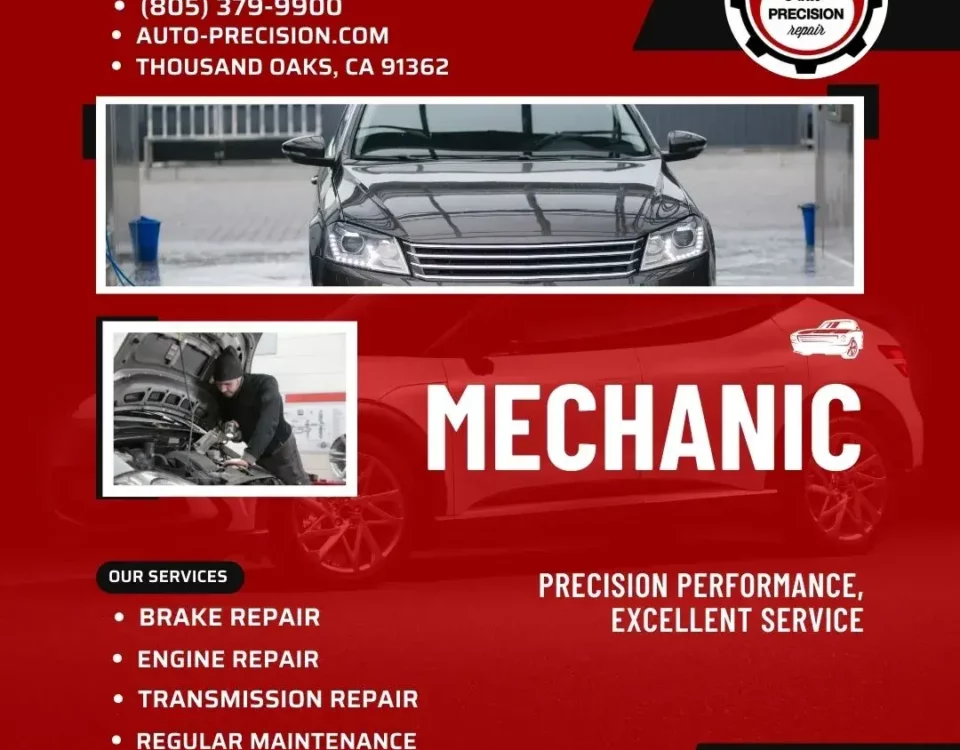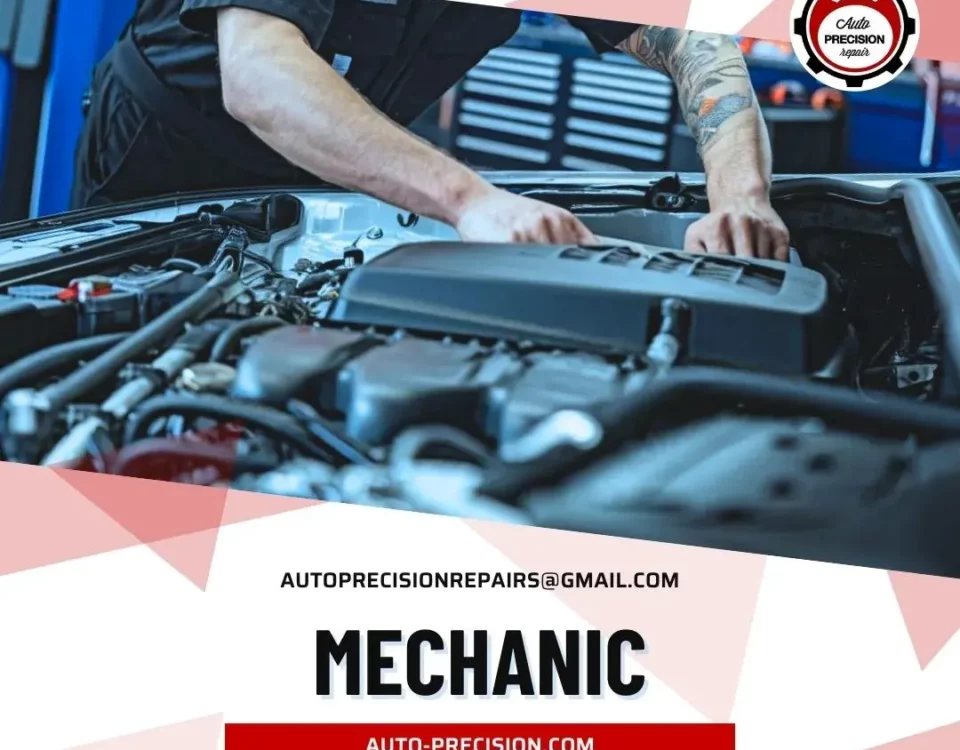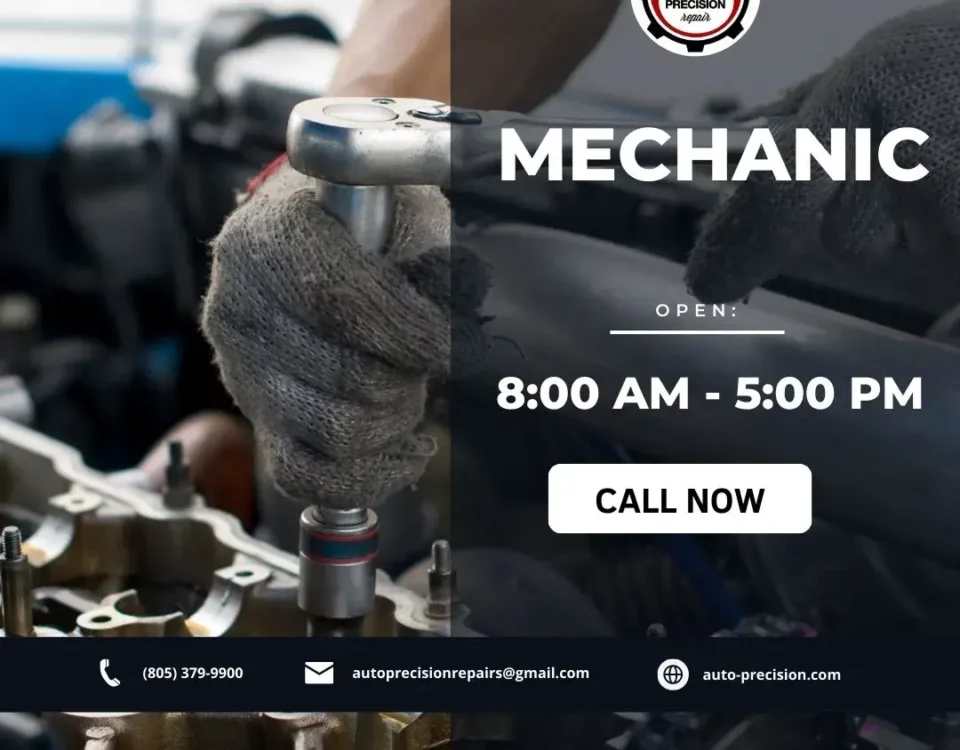
Top Mechanic Services to Keep Your Car Running Smoothly
October 10, 2024
Oil Change Process: Step-by-Step Guide for Car Owners
October 17, 2024The significance of regular mechanic services in extending vehicle longevity cannot be overstated. Routine maintenance tasks, such as oil changes, tire rotations, fluid inspections, and brake evaluations, are instrumental in minimizing wear and tear, ensuring balanced tire degradation, and maintaining optimal system performance. These services, when conducted in alignment with manufacturer-recommended intervals, are pivotal in preventing engine damage and enhancing the reliability of critical components. As we explore the myriad ways these preventive measures contribute to vehicle health, it becomes evident that a proactive maintenance strategy is indispensable for avoiding costly repairs and ensuring road safety.
Preventive Maintenance Benefits
Preventive maintenance is a cornerstone of vehicle longevity, encompassing a series of routine checks and procedures designed to detect and address potential issues before they escalate into significant problems. By adhering to a regular maintenance schedule, vehicle owners can avert costly repairs and extend the lifespan of their vehicles. This proactive approach includes essential tasks such as oil changes, tire rotations, fluid level inspections, and brake system evaluations.
Oil changes are crucial as they ensure the engine runs smoothly, reducing friction and preventing wear. Tire rotations promote even wear, extending tire life and enhancing safety.
Regular fluid inspections include checking coolant, transmission, and brake fluids, which are vital for maintaining optimal performance and preventing overheating or system failures. Brake system evaluations help identify wear on brake pads and discs, ensuring responsive braking and enhanced safety.
Key Services for Longevity
For vehicle owners who prioritize longevity, certain key services are indispensable. Regular oil changes top the list, as they ensure the engine is properly lubricated and free from contaminants that can accelerate wear. Utilizing manufacturer-recommended oil types and adhering to suggested intervals is crucial for maintaining engine performance.
Tire maintenance is another critical service. Rotating tires every 6,000 to 8,000 miles promotes even wear, extending their lifespan and maintaining optimal handling and fuel efficiency. Additionally, regular wheel alignment and balancing prevent uneven tread wear and reduce strain on the suspension system.
Brake system inspections are vital for safety and longevity. Regularly checking brake pads, rotors, and fluid levels ensures the braking system operates effectively, preventing costly damage and potential accidents.
Transmission servicing, including fluid replacement and filter changes, is essential for maintaining smooth gear shifts and preventing transmission failure. Following the service intervals specified in the vehicle’s manual can significantly extend the life of this complex system.
Lastly, maintaining the cooling system by routinely checking coolant levels and inspecting hoses and radiator conditions prevents overheating, which can lead to severe engine damage. These key services, when performed regularly, contribute significantly to vehicle longevity and reliability.
Just as a well-tuned orchestra harmonizes to produce a flawless performance, regular mechanic services orchestrate the various components of a vehicle to ensure its longevity and optimal function. For instance, a study by AAA found that vehicles receiving routine maintenance had a 50% lower risk of significant mechanical failure. Thus, adherence to preventive maintenance schedules is paramount, safeguarding against costly repairs and ensuring the vehicle’s longevity and reliability.





